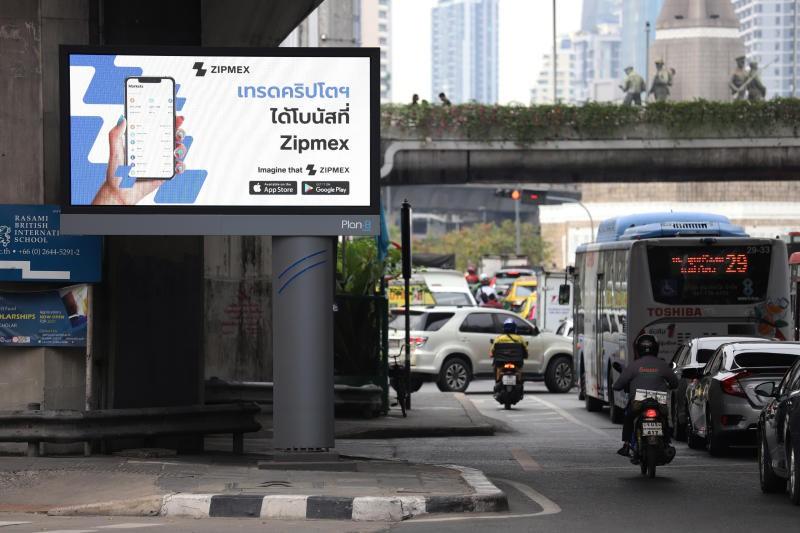
Singapore-based Zipmex says it is in the final stage of fundraising with potential investors to resolve its liquidity issues, a day after the Securities and Exchange Commission (SEC) issued a police complaint against the crypto exchange firm and its co-founder.
In a statement issued late Tuesday, the SEC accused Zipmex and co-founder Akalarp Yimwilai, who is also the chief executive of its Thai unit, of failing to meet a deadline for delivering its transactional details on digital asset transfers and withdrawals.
According to the statement, the SEC is collecting transactional information from Zipmex after the exchange halted withdrawals in July. But the exchange and Mr Akalarp failed to meet the deadline, prompting the SEC's action.
Zipmex, which also operates in Australia and Indonesia, is among several crypto companies that fell victim to a global downturn induced by debts and high leverage.
The exchange loaned US$48 million to Babel Finance and $5 million to Celsius Network, but both crypto financial service providers failed to repay their debts. Singapore's High Court granted Zipmex protection from creditors until Dec 2.
In response to the SEC's complaint, Zipmex said the company is in the process of compiling relevant documents that belong to both Zipmex Thailand and Zipmex Pte, its Singapore entity which is not under the regulatory jurisdiction of the Thai SEC.
"Any disclosure of Zipmex Pte's information must be carried out with the utmost care and consideration to ensure that regulations are fully complied with and standards such as data privacy are duly observed," Zipmex said in a statement.
"Zipmex is currently in the final stages of fundraising with several investors, and term sheets are being drafted. This is a positive step towards returning to its usual business operations."
The fundraising is reportedly worth about $40 million at its current valuation of $400 million.
Mr Akalarp and his team met with the Cyber Crime Investigation Division 1 (CCID1) on Tuesday to update them on developments and remediations.
He said Z Wallet has been partially reactivated to allow users to access and make transactions with some of their unaffected digital assets, which amounts to more than 60% of affected users.
ZMT, Zipmex's native digital token, was among the items reactivated last month.
Zipmex told the CCID1 it has been in constant contact, through public live sessions and physical meetings, with various stakeholders including regulators, relevant government agencies, business partners and customers.
The goal is regular communication about the situation to form a mutual understanding with all parties, said Mr Akalarp.







